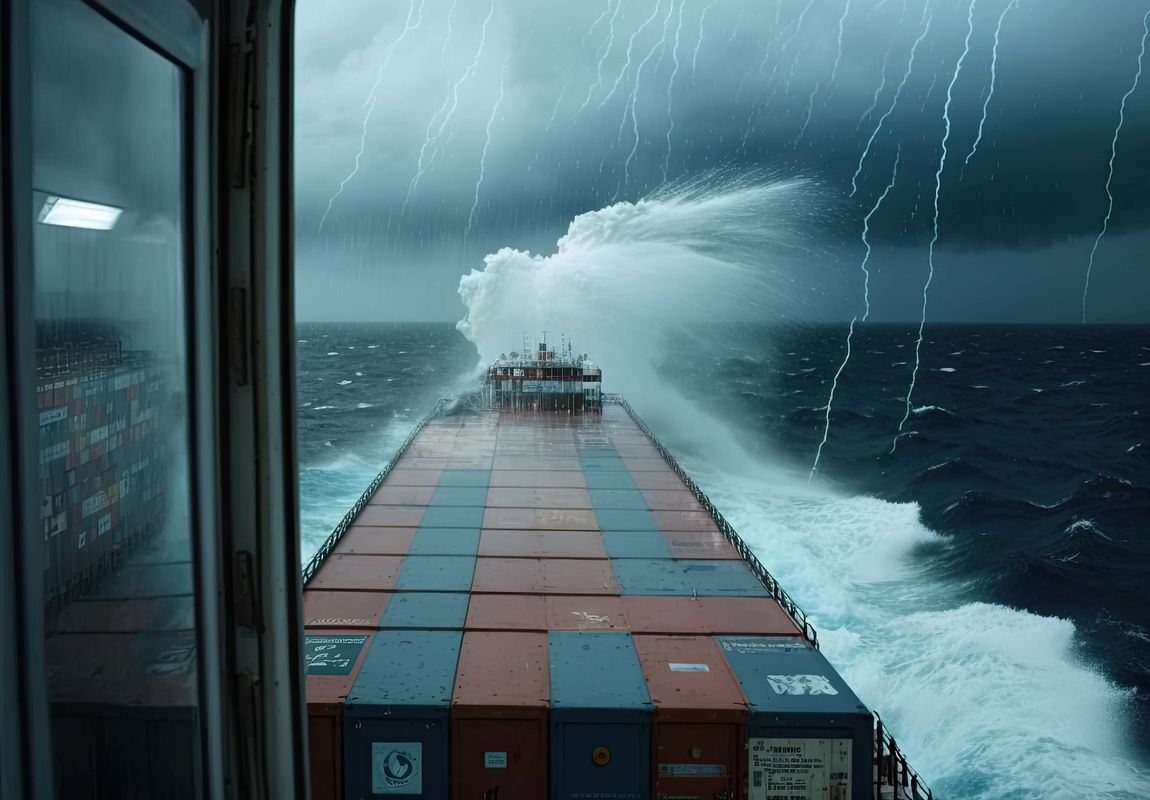Weather Routing: Beyond Carbon Reduction
Read more

One of the primary benefits of weather routing services is the optimisation of fuel efficiency. By constantly monitoring weather conditions and providing route recommendations, these services enable vessels to minimise fuel consumption, directly translating into reduced greenhouse gas emissions. This shift is critical in the industry's efforts to combat the climate crisis.
Marcus Sandbacka, the Head of Product Management at Gale Force, underscores the significant role of weather routing services in the shipping sector, particularly in enhancing fuel efficiency. -These services transcend conventional weather forecasts, he explains, - by employing a data-driven approach that factors in various vessel specifications and environmental conditions.
With more than 12 years of experience in the field, Marcus Sandbacka is an experienced Naval Architect specialising in Weather Routing and Vessel Performance Optimisation. He plays an important role in developing Gale Force's systems and products. His profound knowledge and experience are instrumental in propelling the company's offerings, ensuring their effectiveness and success in providing weather routing and vessel performance optimisation services.
Advancements in Maritime Route Planning and Optimisation
The potential savings offered by weather-optimised routing typically range from 3-8 %, occasionally more, depending on vessel type, season, and conditions. This will have an impact on Vessel's OPEX (operational expenses).
As we consume less fuel," notes Sandbacka, "not only does it have a direct positive effect on your financial bottom line, but it also plays a significant role in ushering in a greener and more sustainable future for the maritime industry."
The maritime sector is transforming with route planning and optimisation advancements. These developments concentrate on pivotal elements, notably route selection, an elemental decision that involves the intricate consideration of sea conditions, weather forecasts, and vessel performance. The intricacies of route planning necessitate ship captains to balance safety, efficiency, navigation, and operational costs. Furthermore, additional variables such as vessel condition and seakeeping introduce further layers of complexity to route planning.
In response to these challenges, weather-optimised routing harnesses the power of weather forecasts to ensure secure navigation while simultaneously minimising fuel consumption and emissions, Sandbacka specifies.
The emphasis on efficiency and sustainability demonstrates the industry's commitment to reducing environmental impact while enhancing profitability.
In an era where environmental responsibility and operational efficiency are critical, weather routing services are not merely weather prediction tools but essential partners in shaping a sustainable and efficient future for the shipping industry.
Read more